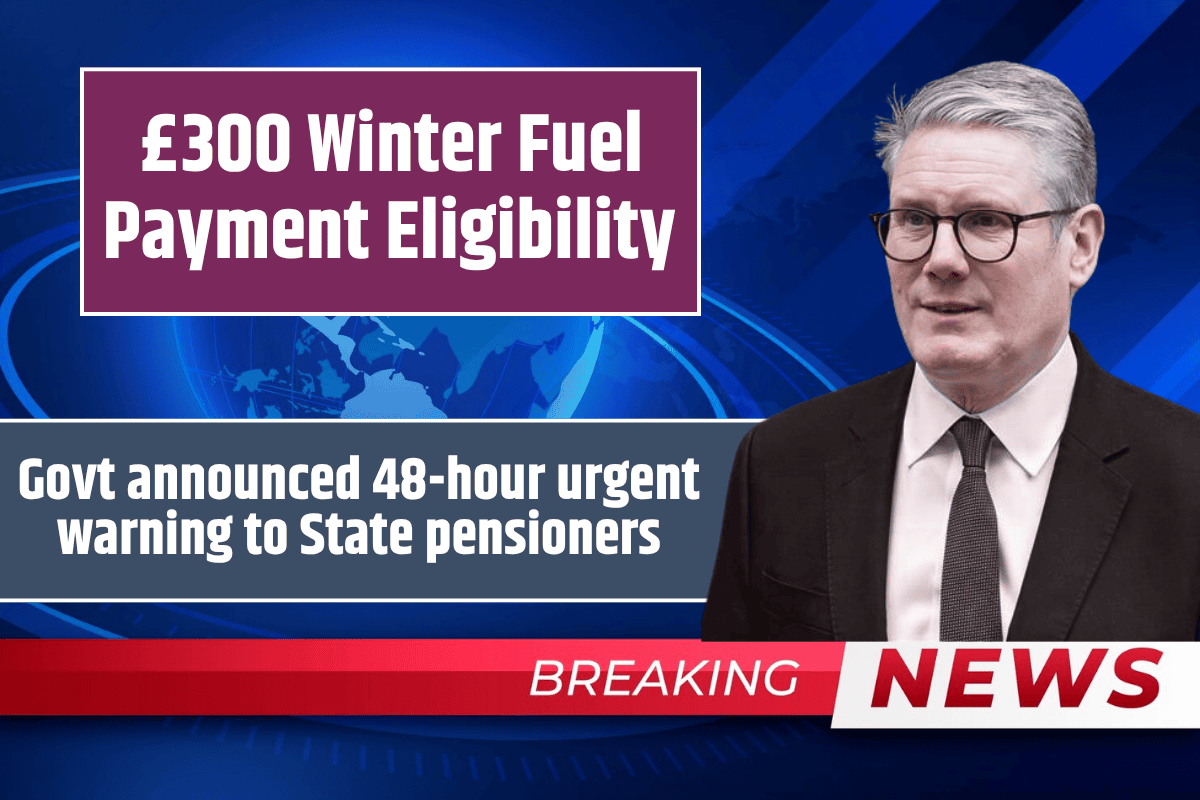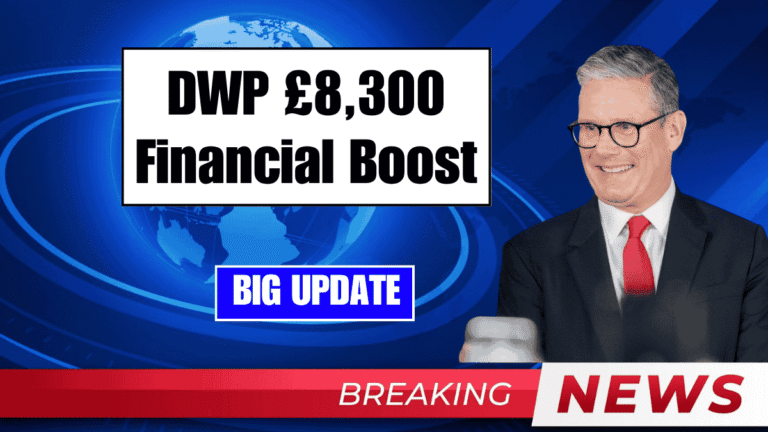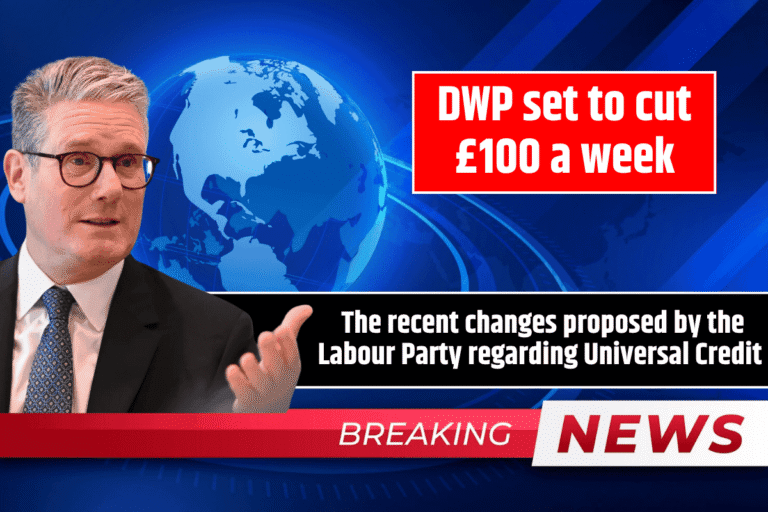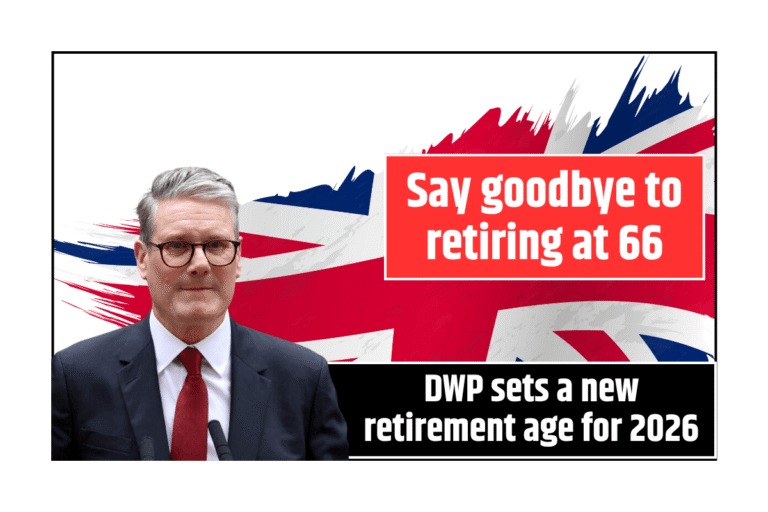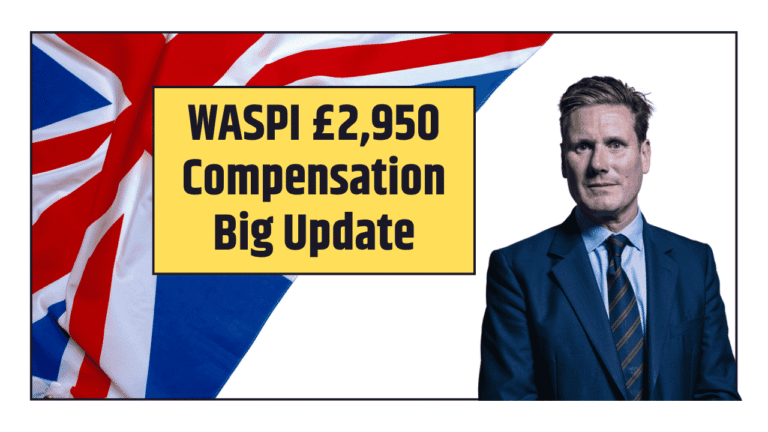£300 Winter Fuel Payment in Jeopardy – 48-Hour Flash Warning Issued Amid Labour’s Policy Reversal Tensions
The Winter Fuel Payment—a financial safeguard for pensioners bracing against the UK’s unforgiving cold months—now hangs in political limbo. The Labour government, having floated a U-turn on previous cuts, has triggered widespread confusion and urgency with a 48-hour cautionary window for state pensioners as details remain cloaked in ambiguity.
Labour’s Hesitant Pivot on Winter Fuel Aid
A glimmer of relief has flickered through government channels as Chancellor Rachel Reeves signals openness to reinstating the full Winter Fuel Payment. Yet, clarity remains elusive. While a reversal is being weighed, Reeves insists that definitive terms won’t crystallize until the autumn Budget, following the Spending Review slated for this Wednesday.
Labour’s Science Secretary, Peter Kyle, elaborated that each department’s fiscal blueprint is still under the microscope. Only after these allocations are finalized will the fate of pensioners’ winter payments be properly addressed.
Who Qualifies? Not Yet Clear
Anxious eyes now turn to this week’s Spending Review, which may drop initial indicators about eligibility. But don’t expect a full roadmap until the autumn. Until then, pensioners and advocacy coalitions are left navigating shadows, uncertain whether the benefit will resume in full or return with restrictions and eligibility hoops.
The Fallout and Response
The hint of a U-turn has sparked both praise and protest. Unite’s General Secretary Sharon Graham denounced the initial cuts as a “grave blunder,” demanding swift reversal. “In a nation ranking sixth in global wealth, targeting pensioners’ survival allowances is morally indefensible,” she declared, calling instead for a serious discussion around taxing affluence rather than shrinking pensioner aid.
Conversely, Simon Francis of the End Fuel Poverty Coalition welcomed the reversal’s possibility—but not without caveats. He emphasized three decisive factors the government must get right: thresholds, tapers, and targeting. Without precision in these areas, the reinstatement risks failing those who depend on it most.
What’s at Risk for Pensioners?
For countless pensioners, the £300 Winter Fuel Payment isn’t seasonal convenience—it’s financial oxygen. With energy bills climbing like ivy on brick, the current pause on clarity leaves many vulnerable to winter’s harsh bite. If the reinstatement arrives shackled with new means tests or trimmed eligibility, the lifeline could snap for many who barely manage as is.
Groups like the End Fuel Poverty Coalition fear a “targeted” approach could become exclusionary, leaving behind elderly individuals whose income skirts arbitrary thresholds but whose needs remain dire.
A Glimpse Forward
While Reeves’ Spending Review may offer the first breadcrumbs of direction, full relief—or disappointment—won’t emerge until the autumn Budget. Until then, pensioners must steel themselves against more uncertainty. Advocacy groups remain on high alert, determined to ensure that this policy course correction serves equity, not optics.
FAQs
When will the Winter Fuel Payment be restored?
A full decision on the reinstatement will be confirmed during the autumn Budget. Partial details may surface this week with the Spending Review.
Who might be eligible for the revived payment?
Exact qualifications are still unknown. However, clues may emerge soon. Final criteria will follow in the autumn, likely addressing income levels and living circumstances.
Why were the payments slashed initially?
The previous cuts were part of broader fiscal tightening efforts—an unpopular move heavily criticized for disproportionately affecting low-income pensioners.
What conditions must the U-turn meet to be effective?
Advocacy groups demand a reinstatement that passes three key tests:
- Fair thresholds – so support reaches the right income brackets.
- Graduated tapers – avoiding hard cut-offs.
- Wider targeting – ensuring vulnerable groups aren’t sidelined.
How are pensioners reacting?
Fury and frustration dominate. Advocacy leaders are calling for immediate policy retraction, highlighting the life-altering stakes for elderly citizens caught in financial crossfire.
